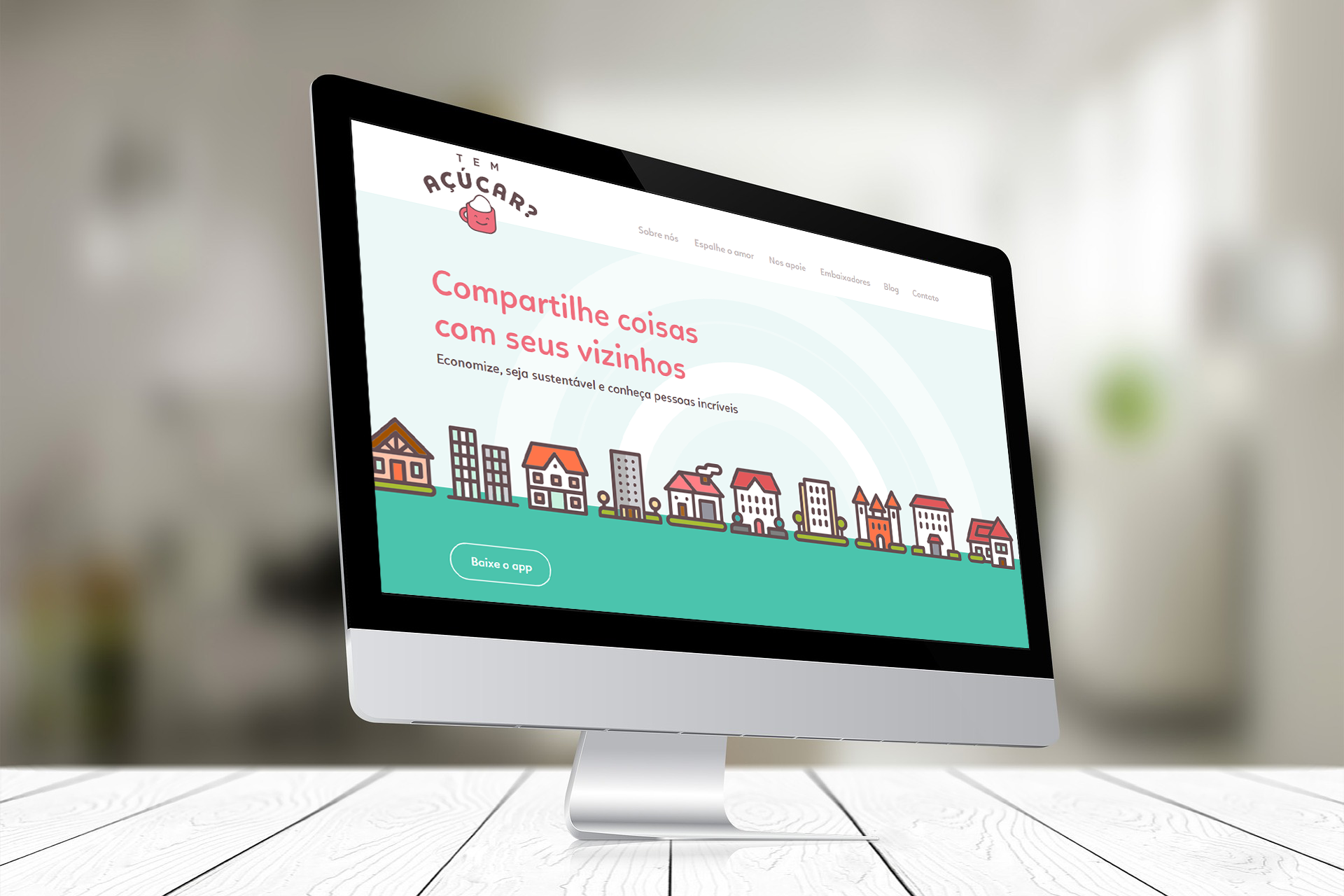

The circular economy: getting the best out of Latin America
24 November 2017 Daniel CHANG

Latin America produces 44% of the world's copper, 49% of its silver and 65% of its lithium. It hosts 20% of the world's oil reserves, 33% of its fresh water and 20% of the planet’s native woodland. Clearly, the region has a unique potential in terms of natural resources.
Existing manufacturing processes take raw materials and turn them into products that, too often, are only briefly used and then discarded. We consume natural resources 50% faster than they can be replaced. We use an unsustainable, linear production model.
But it is not too late to change. The circular economy approach proposes a new paradigm to how developing countries can industrialize in an inclusive and sustainable way. It challenges the outdated conception of manufacturing, proposing a system where products are designed for durability, reuse and recyclability, where materials for new products come from old ones.
“Latin America can strongly benefit from a circular economy approach”, confirms Manuel Albaladejo, UNIDO’s representative in the regional office in Uruguay. For him, “the region combines the natural endowments, private sector capabilities and institutions to nurture a balanced industrialization path that generates growth and jobs in an environmentally-friendly manner”.
Regional entrepreneurship
A circular economy does not just offer possibilities to big industries. Among the 640 million people living in the region, there are some who, with a clear social and environmental commitment, want to be part of this sustainable change and are ready to take the risk.
Santiago MacCausland is one of them. He is a Colombian entrepreneur continuously seeking innovative projects to generate a high positive impact on people and the environment.
Hoping to build a business that is both profitable and respectful of humans and nature, he co-founded “Nuevas Tecnologías Fisicoquímicas”, an environmental company that designs waterless cleaning products. Focusing on degreasing, his company’s “green chemistry” products clean vehicles and industrial equipment without requiring the use of water.
He believes that “the circular economy offers important opportunities for the development of new sources of entrepreneurship, in addition to providing solutions to employability issues.”

MacCausland is an award-winning entrepreneur and he will be talking about his successful experience of running a sustainable company in Latin America in the TEDtalk on Circular economy organized by UNIDO on 28 November. Yet, he won't be the only one representing the region.
Sharing is caring
The circular economy model is not only about recycling but reusing and sharing. Camila Carvalho is aware of the benefits of a sharing model and how it can play a crucial role in extending the amount of time a product is in use while maximizing utilization.
She is the founder of “Tem Açúcar”, a Brazilian social network for neighbours focused on the sharing economy model. Tem Açúcar is Portuguese for “do you have sugar?” and the platform is built on the idea of collaboration, allowing people to exchange goods and services online.
“Tem Açúcar” has become the largest social network for neighbours in the region; there are 150,000 users in more than 10,000 neighborhoods in Brazil. Since 2015, the platform has helped participants save US$2.5 million by borrowing products instead of buying them.
These figures make Carvalho believe the market is changing, and sharing is a sustainable solution to address it.
“Millennials and the next generation are consuming less and less. Younger consumers actually care about the planet and the processes behind what they are buying. This will lead to a change and companies will need to think about what people really want,” she confirms.
Raising awareness on circular economy
MacCausland and Carvalho haven't met yet, but they both share the same vision about the challenges and opportunities in the region and will discuss this topic together during the event.
“Circular economy will have a very rapid growth in the immediate future, as a natural response to the scarcity of primary resources caused by current environmental problems and the significant growth of the population”, adds MacCausland.
UNIDO strongly supports the adoption of circular economy principles, and implements many related projects on industrial energy efficiency, renewable energy, and energy management, among others.
For UNIDO’s Albaladejo “the region is a pioneer in circular economy models, as shown in the trend towards renewable energies and valorization of industrial waste. He believes the main challenge is “a wider awareness of the benefits of circular models”.
For UNIDO, circular economy is essential to achieve inclusive and sustainable industrial development; accordingly, the TEDtalk event and the discussions taking place during our General Conference will be important for exploring innovative ideas related to green production, including recovering value from waste; the sharing economy; reducing climate impact; innovative solutions for agriculture; and more.

